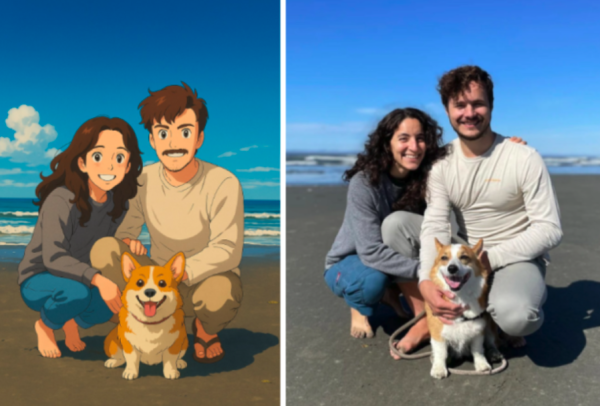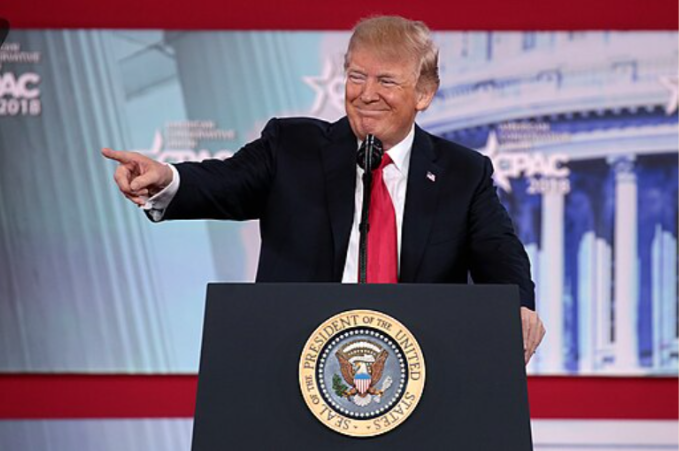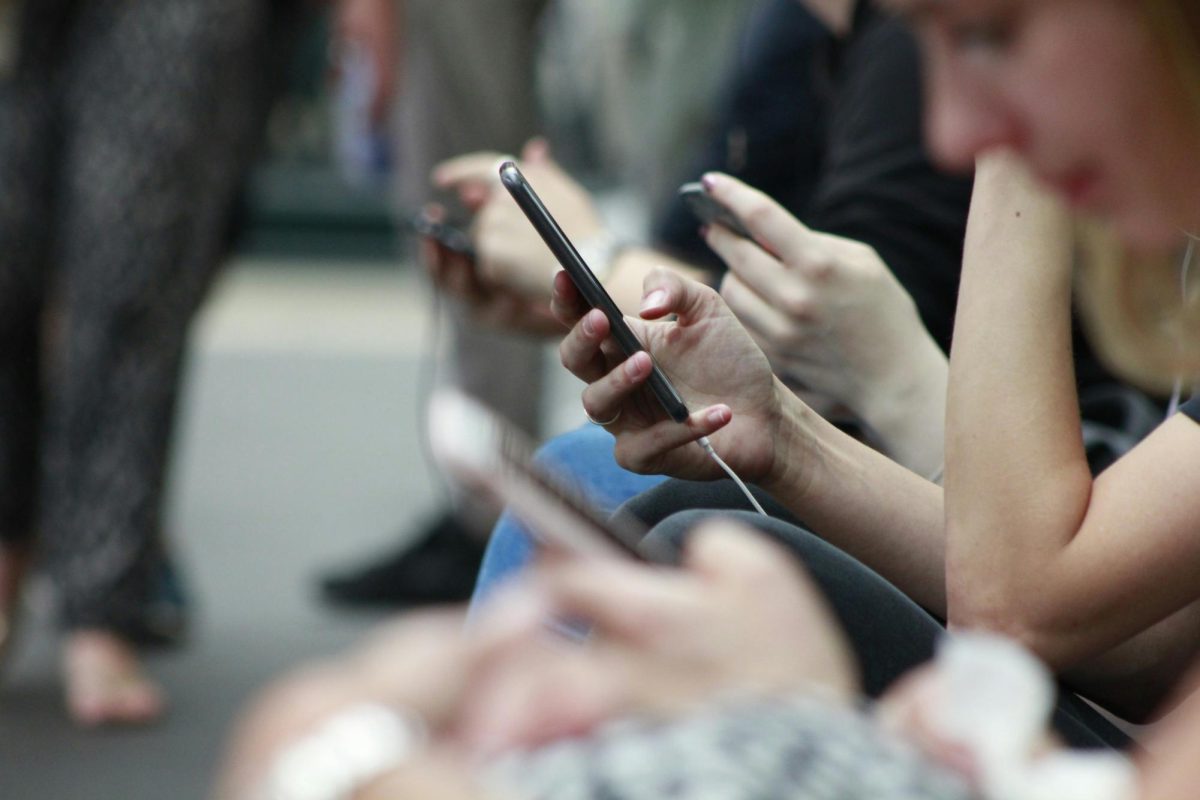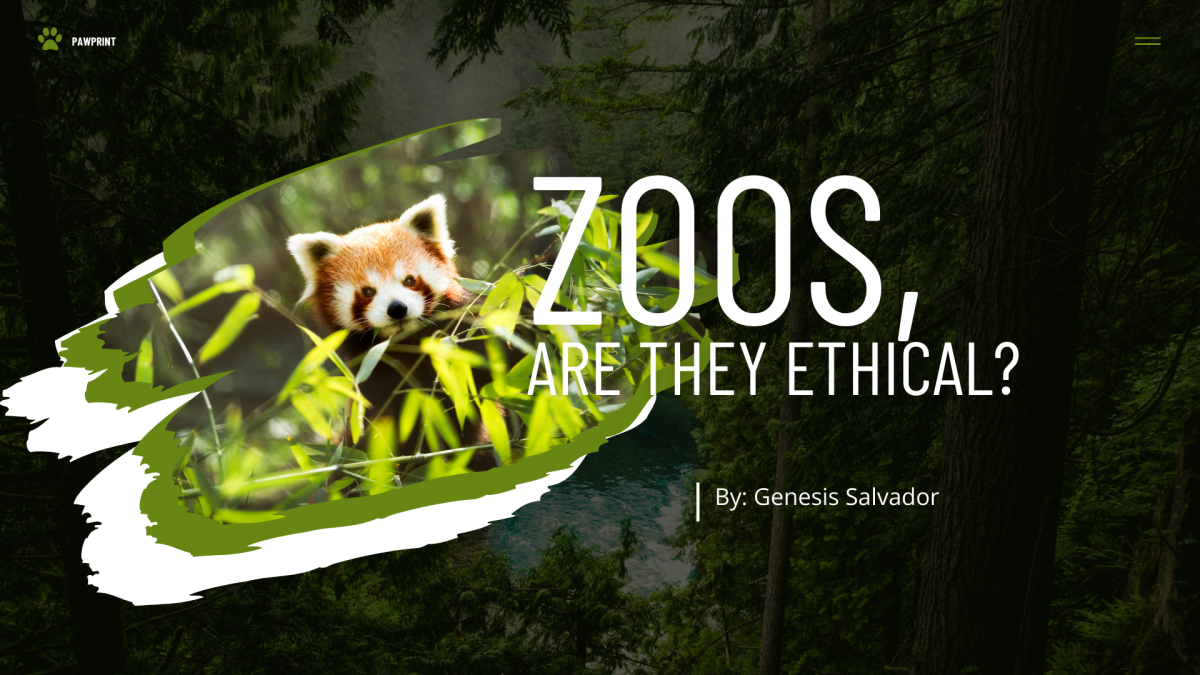 Artificial intelligence has been advancing at an unprecedented rate, and with its rapid development comes growing controversy, especially around its role in the media we consume. From advertisements and shows to movies and music, AI-generated content is becoming increasingly common, raising important questions about the future of human creativity.
Artificial intelligence has been advancing at an unprecedented rate, and with its rapid development comes growing controversy, especially around its role in the media we consume. From advertisements and shows to movies and music, AI-generated content is becoming increasingly common, raising important questions about the future of human creativity.
The conversation about whether A.I should replace our entertainment and media that we consume on a daily basis has had split takes.
On one side, advocates for AI integration argue that its ability to produce content much faster than humans offers unmatched convenience.
On the other side, critics warn that A.I threatens the livelihoods of artists and creators, replacing content creation with a machine that lacks true expression or emotion.
Today, A.I now has the ability to produce content at a rate faster than any human. The definition of art is being contested by a machine that is highly accessible to the common people. Art has been with humans through every part of human history and has always had an artist depict something that they wanted to present to the viewer. With AI, there is no lived experience behind the work; it simply responds to prompts and generates outputs within seconds. There is no personal struggle, no refining of a craft, only immediate production.
However, convenience does not always guarantee quality.
While A.I offers impressive speed and accessibility, it is important to remember that it trains exclusively on existing material created by humans. In doing so, it effectively steals from the hard work, creativity, and originality of real artists, writers, and musicians. Rather than generating something truly new, AI amalgamates the data it has absorbed of human made content to produce a prompt a user provides.
AI is becoming increasingly integrated into our society, appearing in everything from chatbots and advertisements to voice generation and all forms of media consumption. Without proper regulation, these developments could lead to unforeseen consequences, where pop culture as we know it becomes dominated by algorithmically generated content. designed solely to capture attention and maximize profit for corporations, prioritizing quantity and efficiency over quality and genuine human creativity.
We have the power to advocate and to take a stance against corporations that want to promote the agenda of replacing human creation with A.I generated content. Due to this advancement in technology, professions and livelihoods are at stake. Acknowledge that this must not be the new norm.







